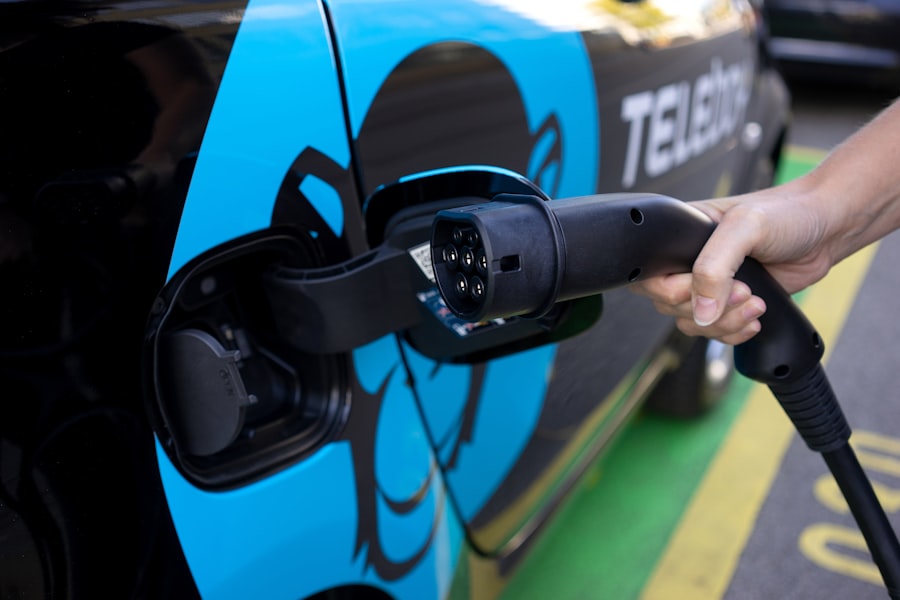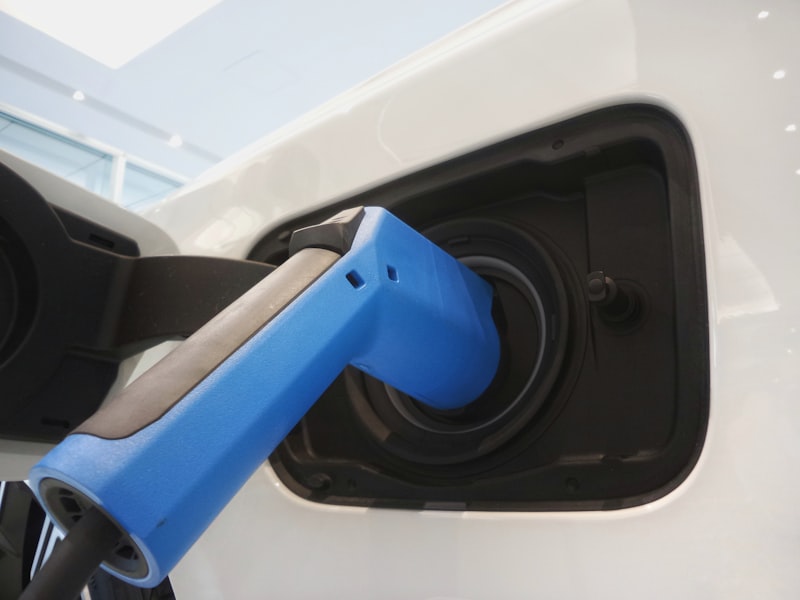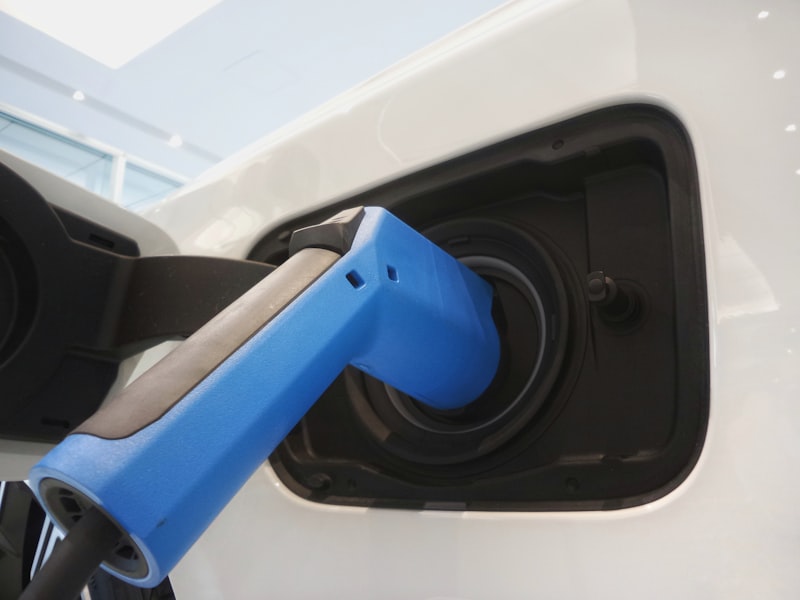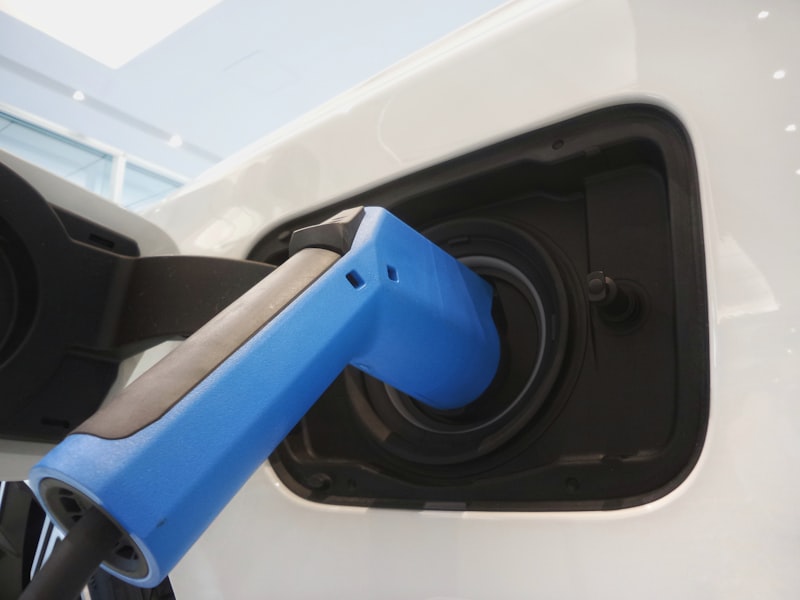
Hamburg Leads the Way: Phasing Out Conventional Taxis to Reduce Emissions
Hamburg has taken the lead in Germany by becoming the first state to phase out conventional taxis by 2025. The move is expected to save 25,000 tons of CO2 annually and is part of the city’s efforts to reduce emissions in the transportation sector. Already, 12% of Hamburg’s taxis are electric or hydrogen-powered and 2000 tons of CO2 have been saved through this shift. The project has been widely supported by taxi companies and passengers, who have provided positive feedback on their experiences with electric taxis.
Phase Out of Fossil Fuels
The world is beginning to recognize the need to phase out the use of fossil fuels in order to reduce the impact of climate change. Countries around the globe are investing in renewable energy sources and implementing policies that limit emissions from burning fossil fuels. Renewable energy sources such as solar, wind, and hydropower are becoming increasingly popular as they provide clean, renewable energy with minimal environmental impact. This shift away from fossil fuels is essential for protecting our planet and ensuring a sustainable future.You might also like this article: Mangel an Wohnungen liegt nicht am Angebot, sondern an der Qualität der Bewerber. Picture source: Tommy Krombacher






